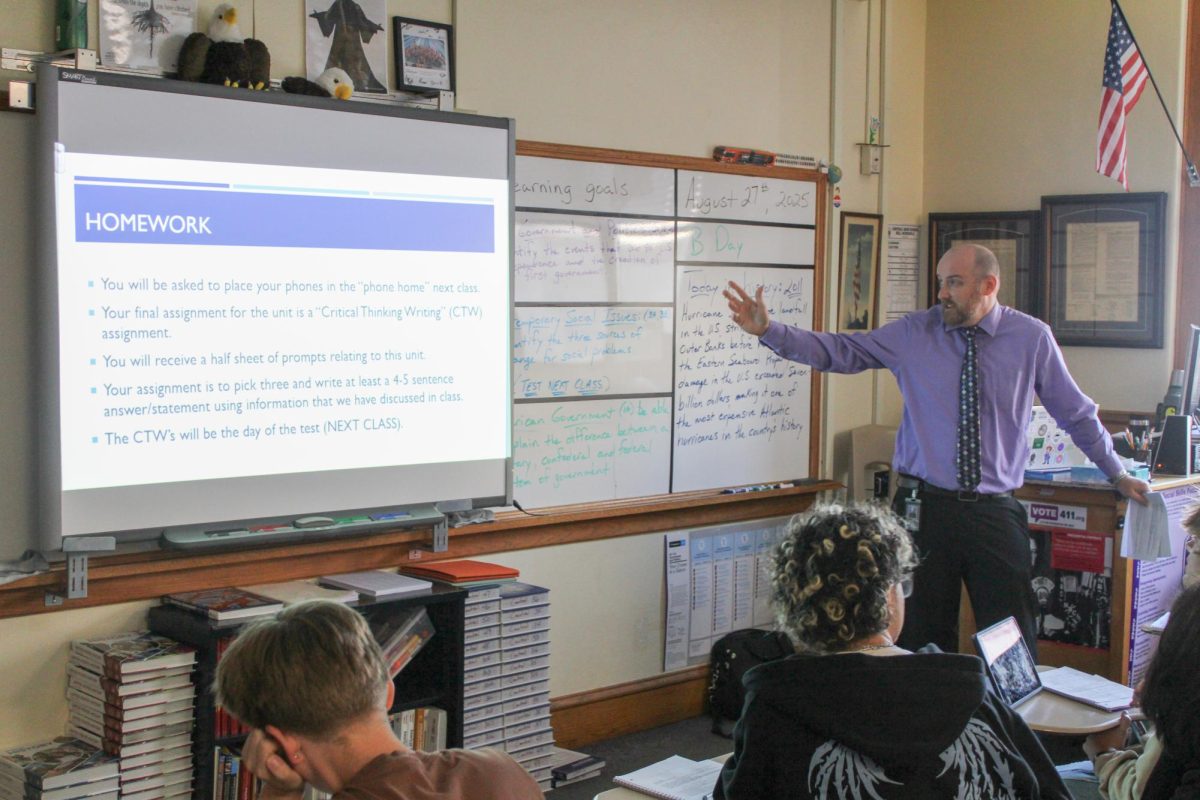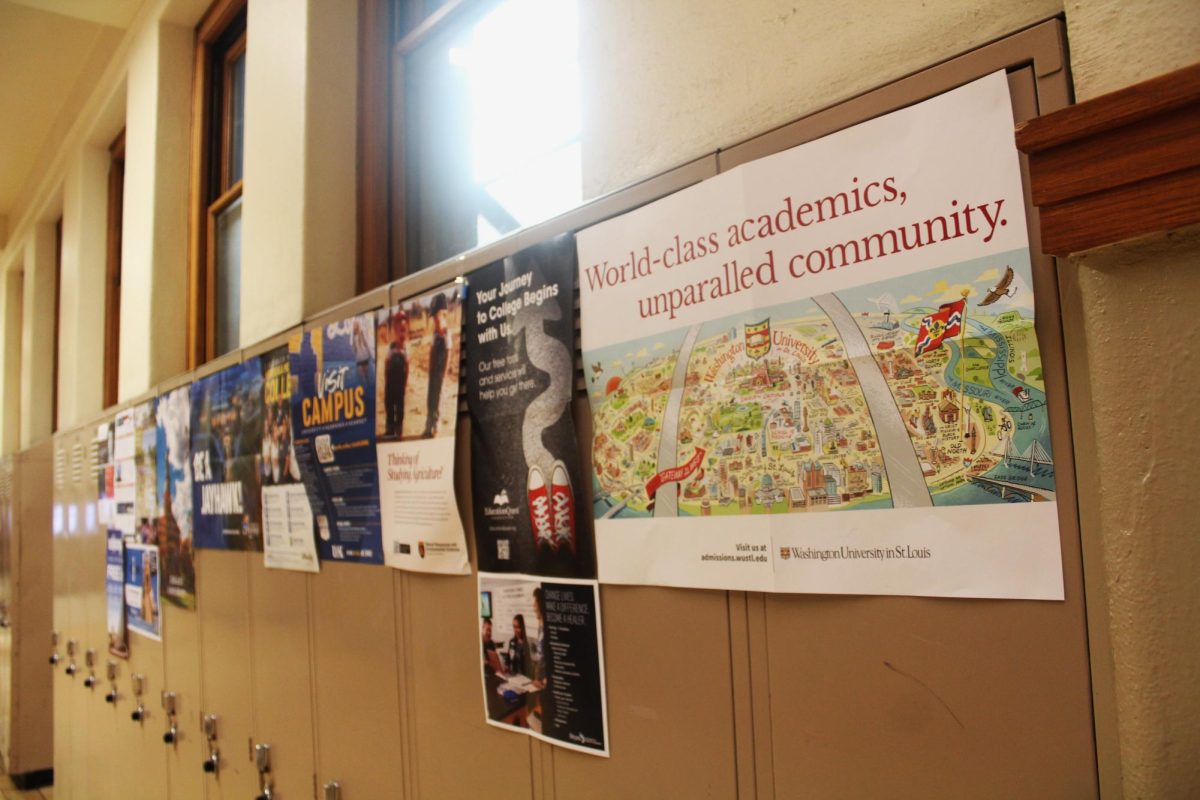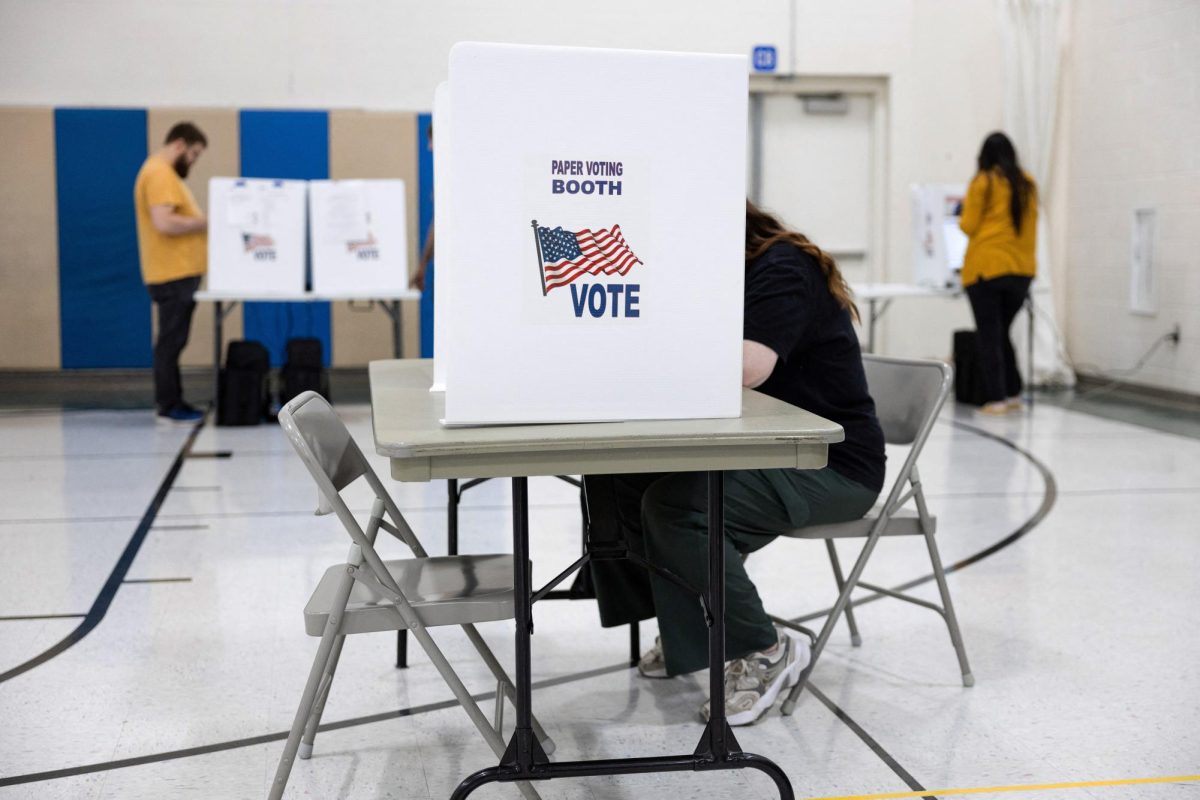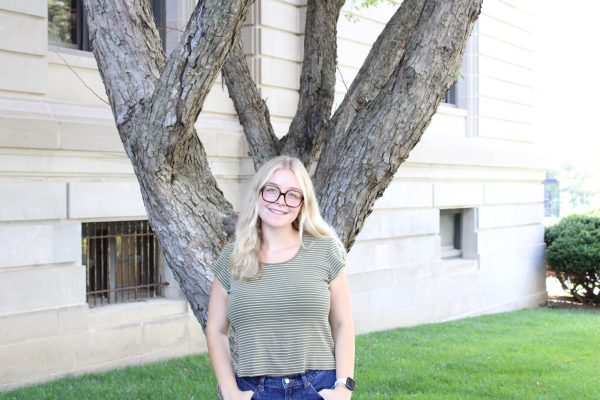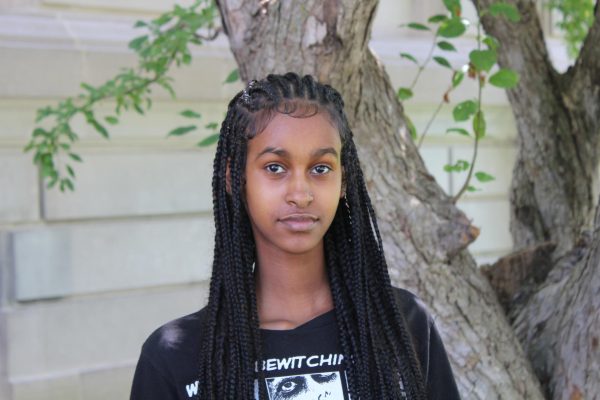The U.S. Department of Education made significant changes to the Free Application for Federal Student Aid (FAFSA) application process for the 2024-2025 school year.
FAFSA is a form that prospective college students fill out to determine the financial aid they are eligible for. Changes include that the number of questions went from 108 to 36, and parents and students now fill out their respective parts of the form. The opening date for this year was also moved back from Oct. 1 to Dec. 31, 2023.
Central’s college counselor and AP dual enrollment coordinator, Angela Meyer, noted the challenges in this specific change. “[The date change] caused some stress to some students and families,” Meyer said. But she also believes the reduction in questions made the delayed opening easier.
Senior Avery Gilbreath did not have a huge issue with the later date. “It felt pretty much the same” she said. “My parents have done it multiple other times … so it wasn’t a burden or anything.” Gilbreath did note her frustration in withholding her college decision longer because the date was changed, and it could possibly affect where she ends up going.
Meyer said students can usually complete it all independently, but the most common issues have been tech issues. “There are still some glitches and tech issues,” Meyer said. FAFSA is trying to fix these bugs, though, and the website does occasionally go down for maintenance.
The most helpful changes, according to Meyer, are the changes for reporting information from tax returns and the separate sections for students and parents.
Parents can automatically include their tax return information on the form. “You don’t have to look on a certain line in a parent’s tax form … and do the math,” Meyer said.
The least helpful parts come to first-generation students. There have been issues for students applying who are United States citizens but whose parents have undocumented immigration status. These special circumstances can be confusing, Meyer said.
Starting in the 2024-2025 school year, 12th graders in Nebraska will be required to complete a FAFSA form to graduate. There can be exceptions, and guardians can waive the requirement, but for the most part, everyone will have to apply, no matter their financial circumstances.
The opening day will also return to Oct. 1 next year. With the late opening this year, it collided with students’ other college responsibilities, such as applications and scholarships. Meyer said, “We will have more time, and anytime we have more time, it is less stressful.”


